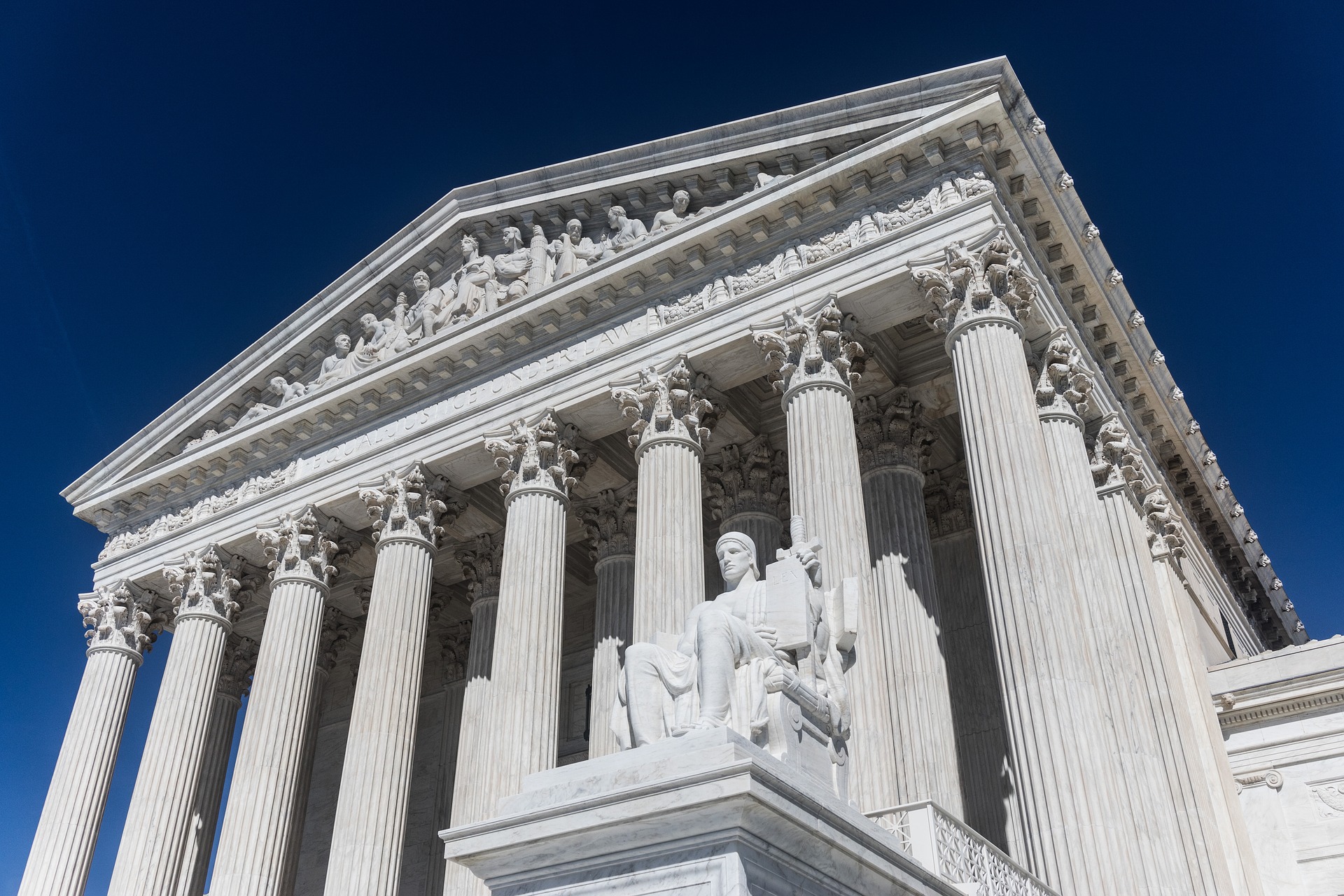There’s been a lot of discussion recently about the appointment of federal judges, including the qualifications required to do the job and the confirmation process. Because they serve for life, federal judicial appointments are one of a President’s most enduring legacies. This article will take a non-partisan look at the federal judicial appointment process.
Nomination Process
Federal District Court Judges, Circuit Court of Appeals Judges and Supreme Court Judges are nominated by the President and confirmed by the Senate. They are lifetime appointments under the Constitution, which means the judges serve until death, impeachment, or retirement. They “hold their offices during good behavior” under Article III, section 1 of the Constitution.
As life expectancy has increased, so has the tenure of federal judges. In fact, the average tenure of a Supreme Court Justice from 1950 to today is 19.4 years. Because they are serving longer, the average age of a judge is growing older. The average federal judge was just 48 in 1789, but the average judge in 2011 was 68, according to the Federal Judicial Center. By 2010, roughly 10% of the federal judiciary was 80 years or older, according to a survey conducted by ProPublica.
Judicial nominees are often recommended to the President by the Senators or Representatives of the state they seek to serve. Under the practice of “senatorial courtesy”, a Senator from the state where the judicial vacancy has occurred makes a recommendation that is usually followed by the President if the Senator is from the President’s own political party.
Recommendations may also come from the Department of Justice, the American Bar Association or other outside groups. The Senate holds formal confirmation hearings that involve rigorous screening. New judgeship positions are created by the Congress based on a variety of factors. One of the most important factors is the volume of work in a given area.
Qualifications for Office
So what makes a federal judge qualified to do the job? Surprisingly, no there are no qualifications established by the Constitution. There is no express requirement that a federal judge even possess a law degree, although virtually every judge in the modern era has one. Federal judicial nominees undergo a rigorous FBI background check, have their prior litigation experience scrutinized, and are examined for conflicts of interest. The nominee’s political affiliations and activities can also work for or against the nominee.
The American Bar Association also provides the Senate Judiciary Committee with an assessment of each judicial nominee. The ABA examines a candidate’s integrity, competence, temperament, and experience. A minimum of twelve years of legal experience is preferred. The ABA also likes to see extensive courtroom experience.
Although the Trump Administration experienced early success winning confirmation for its judicial nominees, including Supreme Court Justice Neil Gorsuch, at least three nominees have come under intense scrutiny in recent days. Some commentators have attributed this fact to poor vetting on the part of the Administration.
Nomination of Brett Talley to Federal Bench in Alabama
The state of Alabama is divided into three federal district courts – the Northern, Middle and Southern districts. President Trump nominated Montgomery attorney Brett Talley earlier this year to fill a vacancy as a United States District Court Judge for the Middle District of Alabama. Talley is a graduate of the University of Alabama and Harvard Law School and currently serves in the Justice Department.
In a rare move, Brett Talley, an Alabama native who is only 36, had been rated as “unanimously unqualified” for the judgeship by the American Bar Association, which pointed to the fact that he had never argued a case in federal district court. Senators Shelby and Kennedy of Louisiana had called on Talley to withdraw his nomination. Talley’s nomination also came under fire after he failed to disclose that his wife works for the White House Counsel.
Although he received a favorable 11-9 vote from the Judiciary Committee, the Senate will not take a full vote on his confirmation. The Trump Administration has announced they will not be moving forward with Brett Talley’s nomination due to controversial online comments and the failure to disclose his wife’s job in the White House.
Federal Magistrate Judges
The lag time in confirmation proceedings and the high workload of the courts has led to the appointment of many federal Magistrate Judges, which are judgeships that do not require confirmation by the Senate. Federal Magistrate Judges play an important role in improving docket flow and shortening the waiting time for trials and hearings. They often handle the early parts of cases including preliminary motions. They are selected by the active district judges of the court and serve an eight-year term.
